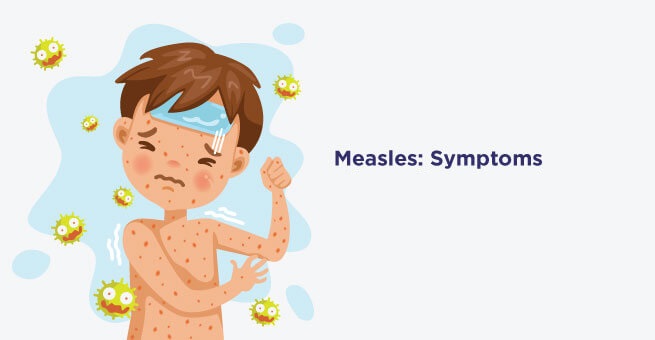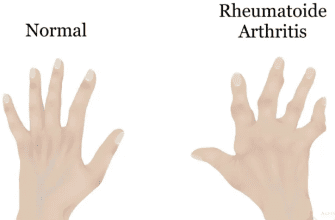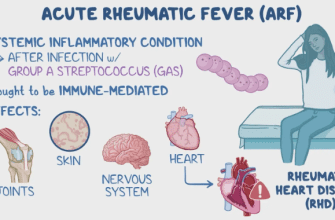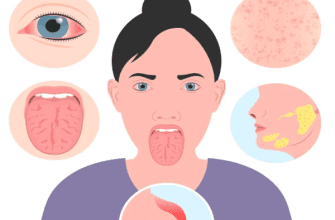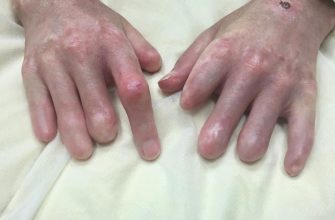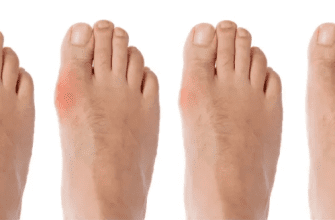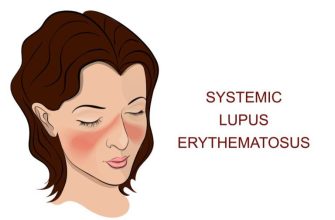Measles (probably from Middle Dutch or Middle High German masel(e) is a highly contagious, vaccine-preventableinfectious disease caused by measles virus.Other names include morbilli, rubeola, red measles, and English measles.
What kind of virus is this?
The measles virus (MV), with scientific name Morbillivirus hominis, is a single-stranded, negative-sense, enveloped, non-segmented RNA virus of the genus Morbillivirus within the family Paramyxoviridae. It is the cause of measles. Humans are the natural hosts of the virus; no animal reservoirs are known to exist.
How long is measles contagious?
You’re contagious about four days before you develop a rash until about four days after the rash starts. That’s about eight days in total.
Is it safe to be around someone with measles?
Measles is highly contagious. The best way to prevent getting measles is to get vaccinated.
Who is at risk?
-Anyone who is not protected against measles is at risk.
Unvaccinated young children and pregnant persons are at highest risk of severe measles complications.
What are the symptoms of measles?
Measles symptoms appear 7 to 14 days after contact with the virus. But there have been times that it takes up to 21 days to develop symptoms after exposure.
The most common measles symptoms include:
-A high fever.
-Tiredness.
-A barky cough.
-Red or bloodshot eyes.
-A runny nose.
A few days after these symptoms begin, you’ll develop a red, blotchy rash that spreads from your face to the rest of your body. The rash itself lasts about seven to 10 days.
Other measles symptoms may include:
-A sore throat.
-White spots in your mouth.
-Muscle pain.
-Sensitivity to light.


What are the complications of measles?
Complications of measles include:
-Diarrhea.
-Ear infections.
-Pneumonia.
-Encephalitis.
-Pregnancy complications like low birth weight or preterm birth (in women who have measles during pregnancy
How is measles diagnosed?
A healthcare provider will usually be able to diagnose measles with a good history and physical exam and looking at the rash. However, they may order laboratory tests to find the virus in samples of:
-Blood.
-Secretions from your nose and throat.
-Urine (pee)
Treatment
There is no specific treatment for measles.
Drinking enough water and treatments for dehydration can replace fluids lost to diarrhoea or vomiting. Eating a healthy diet is also important.
Doctors may use antibiotics to treat pneumonia and ear and eye infections.
All children or adults with measles should receive two doses of vitamin A supplements, given 24 hours apart. This restores low vitamin A levels that occur even in well-nourished children. It can help prevent eye damage and blindness. Vitamin A supplements may also reduce the number of measles deaths.
Can you prevent measles?
Yes, vaccination is the best way to prevent measles. If you receive a measles vaccine, you’re immune and unlikely ever to get the virus.
There are two types of vaccines (given as shots) that protect against measles:
-Measles, mumps, rubella (MMR) vaccine.
-Measles, mumps, rubella, varicella (MMRV) vaccine. (The varicella part of the vaccine is the chickenpox vaccine.)
What the MMR vaccine is for
The MMR vaccine protects against:
-measles
-mumps
-rubella (german measles)
These 3 infections spread easily between people and can lead to serious problems including meningitis, blindness and hearing loss.
If you’re pregnant, getting measles can cause premature birth, miscarriage or still birth. And getting rubella can cause serious problems for your baby such as damage to their sight and hearing.
2 doses of the MMR vaccine gives you long-term protection.
Getting vaccinated also helps protect people who cannot be vaccinated, such as unborn babies, newborn babies and anyone with a weakened immune system.
Who should have the MMR vaccine
The MMR vaccine is recommended for all babies and young children, but older children and adults can have it if they were not vaccinated when they were younger.
Babies and young children
2 doses of the MMR vaccine as part of the NHS vaccination schedule.
They’re given a dose at:
-1 year old
-3 years 4 months old
Babies between 6 and 12 months can have an extra dose of the MMR vaccine before this if they need it to protect them if:
-they’re travelling abroad to an area with a lot of measles
-they’ve been close to someone with measles
-there’s an outbreak of measles
Older children and adults
The MMR vaccine can be given at any age.
Speak to a GP about getting vaccinated if you did not have it as a child, you only had 1 dose or you’re not sure if you’ve been fully vaccinated.
It’s especially important to make sure you’re vaccinated if:
-you’re a child, teenager or young adult
-you could become pregnant
-you’re travelling to, or living in, a country where there is a higher risk of getting measles, mumps or rubella
-you’re a healthcare worker
-you were born between 1970 and 1990 (as you may not have been vaccinated against all 3 infections)
Who cannot have the MMR vaccine
Most people who need the MMR vaccine can have it.
But because it’s a live vaccine, which means it contains a weakened version of measles, mumps and rubella, it’s not suitable for everyone.
The MMR vaccine is not given if:
-you’re pregnant
-you have a weakened immune system, either because of a health condition or because you are taking medicines that suppress the immune system
-you’ve had a serious allergic reaction (anaphylaxis) to any ingredients in the vaccine, including gelatine or neomycin given
